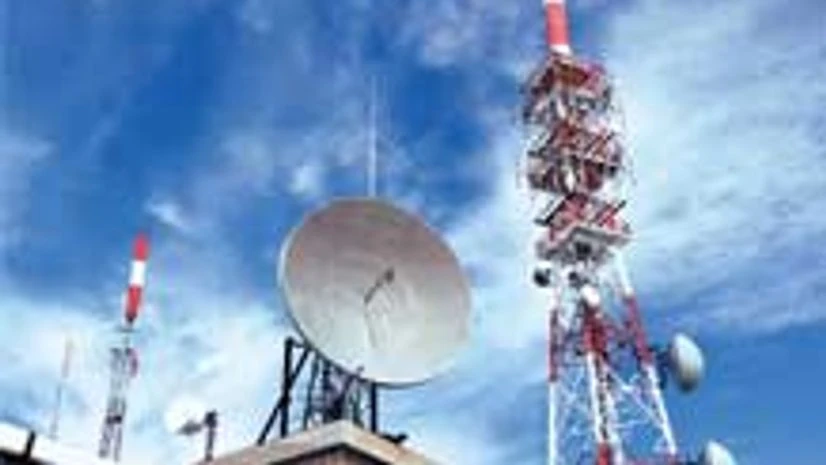The Supreme Court on Thursday allowed the government to finalise the spectrum auction bids and collect the initial payment amounting to Rs 28,000 crore out of Rs 1.09 lakh crore from the successful telecom companies before March 31.
The court, however, stated that the final allocation will be subject to the decision of the court after hearing all parties, starting April 16.
The bench headed by Justice Dipak Misra passed the order after hearing Attorney General Mukul Rohtagi who submitted that cash payment of Rs 28,000 as immediate initial payment will help the budget and it is in the budget proposals.
The bench headed by Justice Dipak Misra passed the order after hearing Attorney General Mukul Rohtagi who submitted that cash payment of Rs 28,000 as immediate initial payment will help the budget and it is in the budget proposals.
The court noted the arguments of the telecom companies that they were challenging the “entire design of the auction”, as their counsel P Chidambaram put it. They wanted the earlier order suspending the finalization of the bids to continue, but the court observed that “We cannot block so much money. Let the government collect the money.”
Rohtagi submitted that the auction was a “stupendous success” and there was “fierce and competitive bids from some eight companies for all circles in the country.” Therefore, all issues brought before the court by the telecoms have “resolved themselves out”. He added that only a few “fringe issues” remained to be sorted out.
This was strongly contested by Chidambaram who said that the basic validity of the auction has to be argued and adjudicated upon. He offered to provide bank guarantee for the initial amount, but the Attorney General said the government wanted cash immediately.
The telecom companies wanted to argue on the absence of level playing field, the arbitrary and discriminatory attitude of the auction design. There was “micro-classification” of the circles and the bandwidth, which made the auction design unworkable. The entire spectrum of Tripura was bought by Bharti Airtel, which showed the flaws in the process, he said. Rohtagi, on the other hand, submitted that the Tripura example showed that the system was workable. The judges remarked that the fact that the telecoms participated in the auction with full might indicated that there was no problem with its workability.
The court passed the order in a batch of writ petitions, appeals and cases transferred from several high courts, including Gauhati and Allahabad high courts. The Delhi high court case was also transferred and all parties have been asked to file their affidavits within a week.

)
